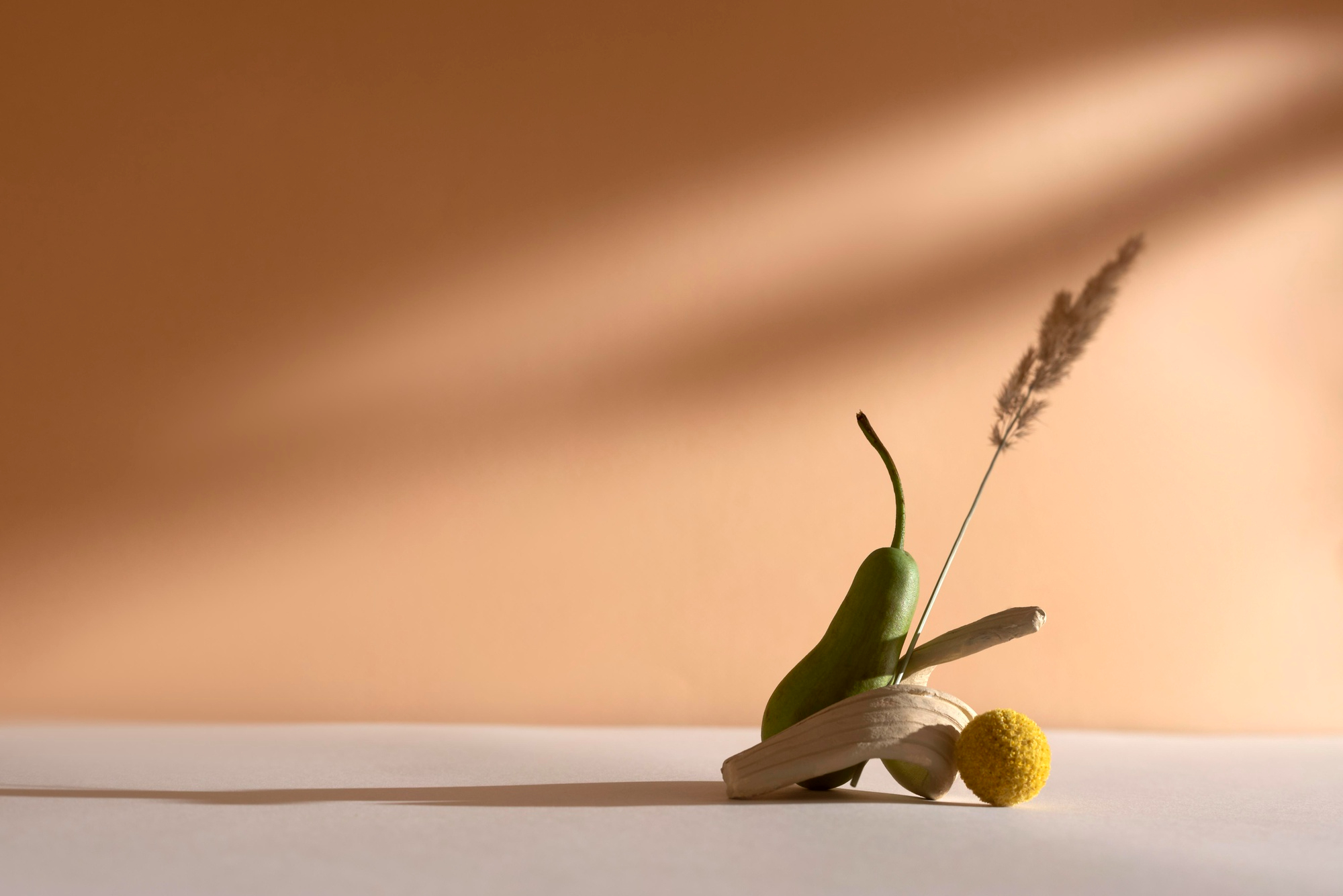
Why Minimalism is More Than a Trend
Minimalism has become a buzzword in recent years, often associated with sleek, white-walled interiors and capsule wardrobes. But beyond the aesthetic appeal, minimalism is much more than just a passing trend—it’s a philosophy and lifestyle that challenges the way we think about consumption, happiness, and fulfillment. As our lives become more cluttered with distractions and materialism, the minimalist approach offers a refreshing alternative. So why is minimalism resonating with so many people, and what makes it more than just a fleeting fashion?
Minimalism is rooted in the idea of intentional living—focusing on what truly adds value to your life and letting go of what doesn’t. This approach can extend beyond just physical possessions to how we spend our time, energy, and even our relationships. The premise is simple: by removing excess, we create more space for what truly matters.
Clutter-Free Living, Clarity of Mind
One of the primary appeals of minimalism is the promise of a clutter-free environment. But it’s not just about aesthetics—studies show that physical clutter can contribute to mental stress. By simplifying your surroundings, you often clear mental space as well, making it easier to focus, feel calm, and make more deliberate decisions. When our homes and workspaces are clean and orderly, our minds can follow suit, resulting in greater productivity and well-being.
Breaking Free from Consumerism
We live in a world that constantly encourages us to buy more, own more, and equate possessions with happiness. Minimalism challenges this narrative by promoting the idea that less is more. It encourages people to ask: Do I really need this? Will it bring long-term happiness? Minimalists focus on buying fewer things, but ensuring that what they do purchase is of higher quality, long-lasting, and truly needed. This shift in mindset not only benefits individuals financially but also leads to a more sustainable lifestyle that reduces waste.
Time and Freedom
One of the hidden benefits of minimalism is the reclaiming of time. The less you own, the less time you need to spend maintaining, organizing, and thinking about those things. This extra time can then be redirected toward meaningful experiences, relationships, and personal growth. Minimalism offers the freedom to step back from the constant pursuit of "more" and instead focus on living with intention. Whether it's spending more time with loved ones, pursuing passions, or simply relaxing without distractions, minimalism helps create space for a richer, more fulfilling life.
A Shift Toward Sustainability
Minimalism also intersects with the growing movement toward sustainability. In a world facing environmental challenges, adopting a minimalist mindset can have a positive impact. By choosing to buy less and make more conscious decisions, minimalists reduce their environmental footprint. This shift toward sustainable living—whether through reducing consumption, reusing items, or choosing eco-friendly products—supports a healthier planet for future generations.
Minimalism is more than a trend—it’s a mindset that encourages us to strip away the excess and focus on what truly matters. It's about finding value in experiences over possessions, clarity over clutter, and sustainability over wastefulness. As more people seek ways to live more intentionally in a fast-paced world, minimalism continues to grow in appeal. Ultimately, minimalism isn’t about deprivation; it’s about creating a life that feels meaningful, focused, and aligned with your values. Whether you're looking to declutter your space or your mind, minimalism offers a path to greater fulfillment in a world that often feels overwhelming.
By embracing this lifestyle, we find not only simplicity but also a deeper sense of freedom and purpose.